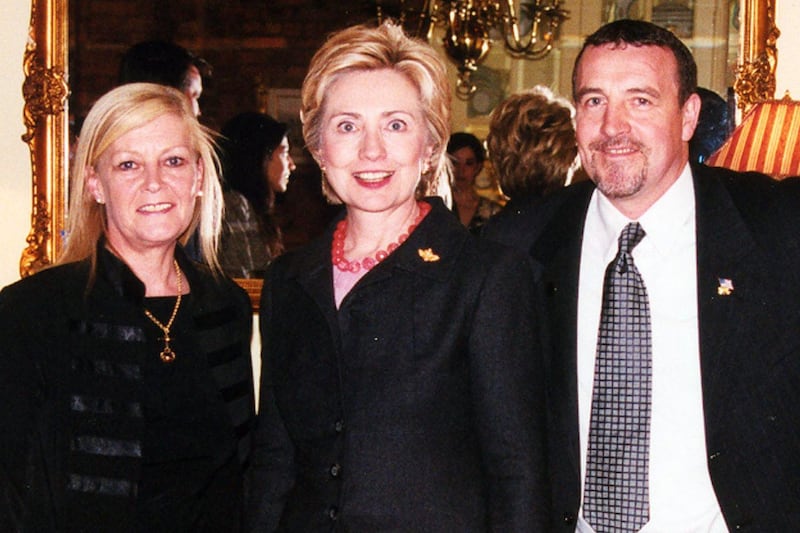A US regulator has taken legal action in a bid to block Microsoft from completing its deal to buy video game company Activision Blizzard.
The Federal Trade Commission (FTC) has asked a San Francisco federal court for a temporary restraining order and injunction to stop Microsoft’s 69 billion dollar (£55bn) purchase of the California company behind hit games such as Call Of Duty, World Of Warcraft and Candy Crush.
Microsoft, maker of the Xbox game system, has been struggling to win worldwide approval for the deal just over a month before a deadline agreed with Activision.
While a number of countries have approved the deal, regulators in the US and the UK have argued it could suppress competition in the video game market.
“We welcome the opportunity to present our case in federal court,” Brad Smith, Microsoft’s vice chairman and president said.
“We believe accelerating the legal process in the US will ultimately bring more choice and competition to the market.”
Activision CEO Bobby Kotick told employees that the FTC filing is a “positive development” because the companies will be able to more quickly present their arguments to a federal judge.
The FTC took Microsoft to court last year to block the merger but that case was brought to the US agency’s in-house judge in a trial set to start on August 2. That administrative process did not preclude the parties from closing the deal.
The contract between Microsoft and Activision says the deal is supposed to close by July 18 but the FTC’s latest action seeks to stop that from happening.
If Microsoft closes the deal now, and an FTC judge later finds that it was unlawful, it “would be difficult, if not impossible” to reverse course, the FTC said in asking a judge for a preliminary injunction halting the acquisition.
For example, the FTC said, the combined companies could begin altering Activision’s operations and game development, access sensitive information and eliminate key personnel.

“Microsoft and Activision Blizzard have represented in the past that they cannot close their deal due to anti-trust reviews of the transaction in other jurisdictions,” the FTC said in a statement on Monday.
“But Microsoft and Activision have not provided assurances that they will maintain that position. In light of that, and public reporting that Microsoft and Activision Blizzard are considering closing their deal imminently, we have filed a request for a temporary restraining order to prevent them from closing while review continues.”
One of Microsoft’s thorniest obstacles is in the UK, where the Competition and Markets Authority (CMA) made a surprise decision in April to block the acquisition.
The all-cash deal announced in January 2022 has been scrutinised by regulators around the world over fears that it would give Microsoft and its Xbox console control of Activision’s hit franchises and give it an unfair boost in the emerging business of cloud-based game subscriptions.
Fierce opposition has been driven by rival Sony, which makes the PlayStation gaming system.
Microsoft sought to counter the resistance by striking a deal with Nintendo to license Activision titles like Call Of Duty for 10 years and offering the same to Sony if the deal went ahead.
European Union regulators approved the deal last month on condition that Microsoft make some promises to boost competition in the cloud-based gaming market. A number of other countries, including China, Japan, Brazil and South Korea, have also approved it.
But the blockbuster deal has remained in jeopardy because of the decision by the CMA and the ongoing case in the US.
Microsoft filed an appeal against the CMA’s decision but if it were to close the deal without Britain’s approval, it could face new legal challenges there or possibly decide to suspend its broader game business in the country.








